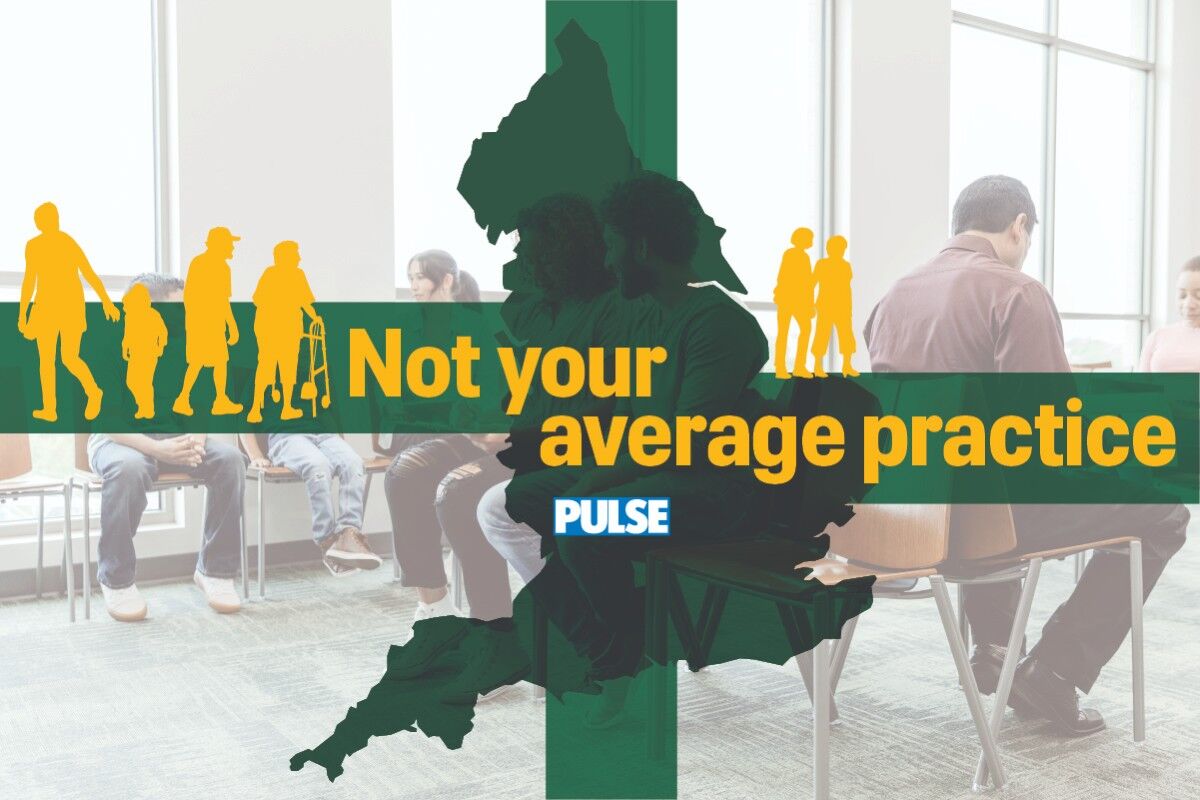NHS England is to review whether high-street pharmacists can give patients high-dose statins without a prescription in its latest move to promote preventive healthcare.
Announcing the plans, NHS England said ‘even a small reduction in cholesterol from these drugs is able to save lives’, adding that estimates show ‘as many as two-thirds of people most at risk of heart attack and stroke do not take statins, but would benefit from doing so’.
The proposal is controversial, especially given the lack of consensus on the use of statins. GPs say it indicates the NHS is failing to appreciate the expertise needed to monitor patients and the importance of medical history and other factors (see panel below).
This is the latest initiative to emerge from NHS England’s long-term plan, in which it committed to ‘help prevent up to 150,000 heart attacks, strokes and dementia cases over the next 10 years’.
Last month’s announcement of the proposals stated: ‘Statins have been shown to be effective, with minimal side-effects’.
NHS England referred to new research from Cambridge University1, which it said had shown the benefits of statins are ‘potentially even higher than previously reported’. Yet the paper didn’t look directly at statins, rather the extent to which reducing both low-density lipoprotein and blood pressure significantly cuts the risk of heart and circulatory disease.
Professor Azeem Majeed, head of primary care at Imperial College London, says while some drugs are suitable for over-the-counter access – such as emergency contraception and PPIs – statins need to be understood more fully, with greater thought given to how patients will be monitored.
He says: ‘For statins, there are additional issues to consider. First, people on statins will require monitoring of blood pressure, BMI and lipids. Also, many people at high CVD risk do not take statins and we need to understand the underlying reasons for this.’
Teamwork
Professor Majeed believes pharmacists should be more involved in primary care. This could work with patients on statins, he says, but only if pharmacists work as part of the general practice team. ‘This means they can work closely with other professionals such as doctors, nurses and healthcare assistants. They would also then have full access to the patient’s medical record.’
RCGP’s overdiagnosis group chair Dr Jane Wilcock also points out the complexities of using statins alongside other medications.
She says: ‘There are harms if GPs and healthcare professionals prescribe, for example, clarithromycin to someone they don’t know is on a statin. She says patients aren’t always able to provide the correct information.
‘Some of our patients are not aware of all their medications, or feel unwell when they meet us. Some have memory issues.’
Despite NHS England’s proposals, it is likely GPs will retain responsibility for following up patients on statins. So any hope that the proposals will lead to reduced GP workload should be considered with caution, according to Dr Preeti Shukla, the BMA GP Committee’s clinical and prescribing lead.
Dr Shukla says: ‘It is not as simple as suggesting that by removing the consultation and prescription from the GP this will remove GP or practice workload. Questions need to be asked about follow-up care.’
So far, there has been little detail about what the proposals will mean in practice.
However, the move has done little to allay GPs’ concerns about overdiagnosis or increasing reliance on statins without fully understanding their potential harms.
‘This underestimates the complexity of prescribing statins’
There would have to be a lot of work and changes before this proposal could be something that would help GPs and patients and, as with everything, the devil is in the detail.
I don’t buy into the idea that statins are a dangerous drug but starting them is a difficult decision. First, you need blood pressure, medical history, family history, cholesterol levels – lots of information. Then you need to be able to talk to the patient about the risks, which is a complex and advanced consultation skill. Once the patient goes down this route they will be on it for many years. If it’s not done well, they won’t take it properly or they will stop taking it.
I also don’t think this proposal will reduce GP workload as there are lots of downstream effects. It will just make the landscape more confusing for patients. We would need an awful lot of training and system redesign. I can’t see what the benefit is of having this done in community pharmacy away from the primary care team.
The underlying frustration for me is that NHS England gives the impression that GPs aren’t putting enough patients on statins and that it is an easy thing to do.
This whole idea highlights how the powers-that-be think. They are not considering the complexity of this decision and that GPs already do it well.
Dr Samuel Finnikin is a GP in Sutton Coldfield and a researcher at the University of Birmingham
References
1 Ference B et al. Association of Genetic Variants Related to Combined Exposure to Lower Low-Density Lipoproteins and Lower Systolic Blood Pressure With Lifetime Risk of Cardiovascular Disease. JAMA. Online Sept, 2019










